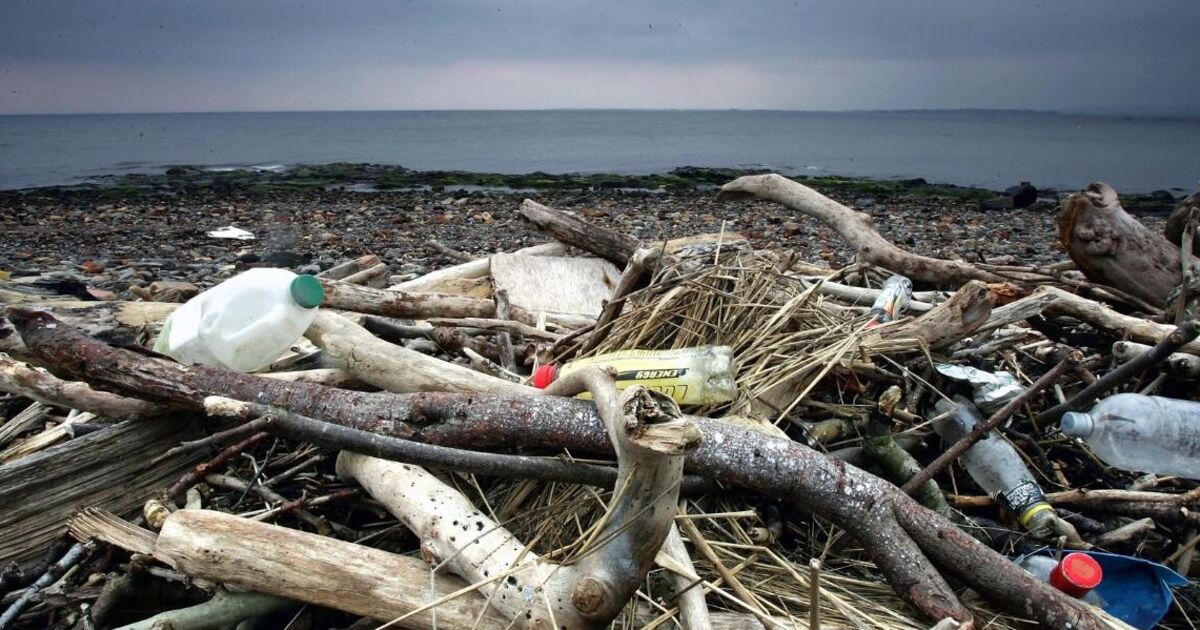Scotland is known for its beautiful beaches and mesmerising coasts, but there’s one thing that ruins it for tourists – they’re full of litter.
According to a new report, out of all the beaches in the UK, Scottish ones are covered with the most litter and now Environmental Standards Scotland (ESS) wants to see more done to tackle the piles of litter on the beaches and in the surrounding waters.
The report said: “The most recent assessment of beach litter indicates that levels in Scotland are worse than the rest of the UK.”
It also stated that there were “919 items found per 100 metres of shore.”
ESS has warned that litter “poses a significant danger to marine species found in Scottish waters, such as dolphins and seals.”
It believes that the cause of the problem stems from “mismanagement of plastic waste and sewage-related debris.”
Another study discovered that 80% of marine life collected from the seagrass beds around the Orkney Islands had microplastics in them.
The report added: “Marine littler has also been linked to wider ecosystem-level impacts, such as changes in species’ growth and feeding rates, including growth rates and tissue health of cold-water corals in Scotland.”
ESS is now calling for a “source-to-sea” approach to future legislation with recommendations of “greater co-ordination across legislation and policy controlling land-derived litter”.
The body hopes that this will decrease the amount of waste and litter making its way onto the land and into the waters.
Mark Roberts, CEO of ESS, said: “Marine litter is a problem in Scotland endangering our marine species, spoiling our beaches and introducing potentially harmful microplastics into the human food chain. The latest assessments show a failure to meet statutory targets designed to improve the situation.
“Today we are calling on the Scottish Government to embed a ‘source-to-sea’ approach to tackle the problem. This requires legislation and policy to be developed that considers the relationship between land and sea. Most marine litter comes from the land so we need to stop litter at its source, before it reaches the marine environment.”
A Scottish Government spokeswoman added: “Scotland was the first country in the UK to implement a ban on some of the most commonly littered single-use plastic products, but it’s clear more needs to be done to move from our throw-away culture towards a more circular economy.
“Marine Litter is a shared global challenge, which is why we continue to deliver new policy and legislation through our National Litter and Fly-tipping Strategy and Marine Litter Strategy to target the most problematic sources of litter, including improving waste management of end-of-life fishing gear and introducing legislation to ban the sale and supply of wet wipes containing plastic.
“The Circular Economy (Scotland) Act 2024 increases the powers available to the Government to take action on waste in Scotland, and we are also progressing with international efforts to address major pollution sources such as plastic pellets, and with our delivery partners to focus on litter pathways from source to sea, as well as supporting the removal of rubbish from our seas and beaches.”








